
Becoming a resident gives you the legal right to live and work in a country. Whether you are looking to relocate, or simply want a plan B, it is worth exploring the option of a second residency.
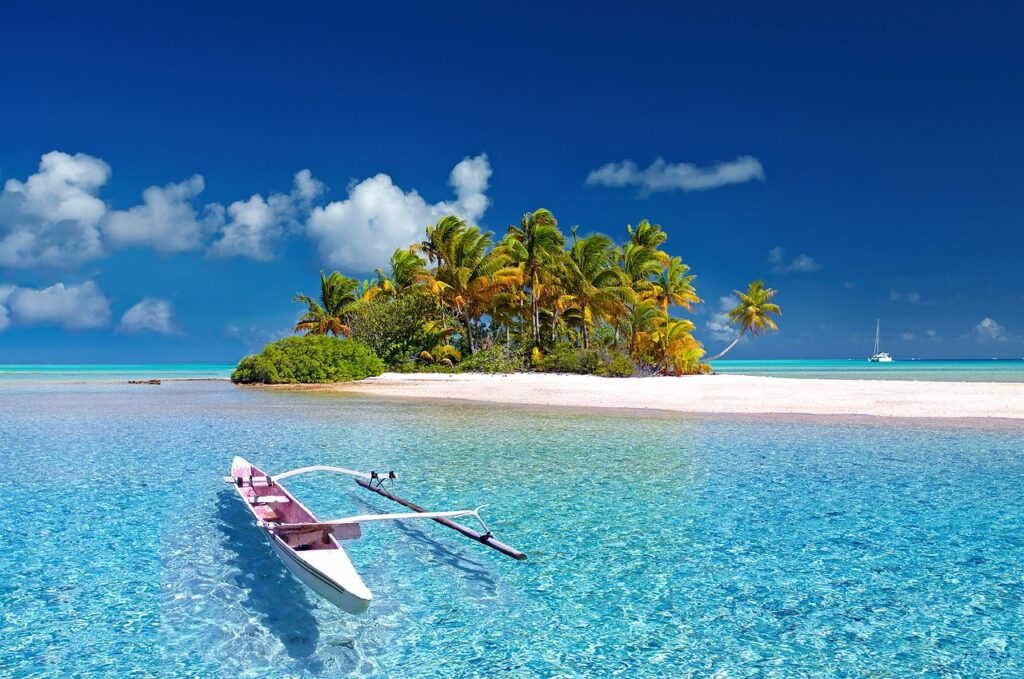
YOU COULD CHOOSE A COUNTRY THAT SUITS YOUR LIFESTYLE
If you are like most people, you simply reside where you were born. You have no say regarding your country’s climate, topography, political system, culture, etc.
If you pursue a second residency, you can choose a country that appeals to you. If you are looking for nicer weather, better healthcare services, or more job opportunities, you may find them abroad.
YOU COULD PAY LESS TAX
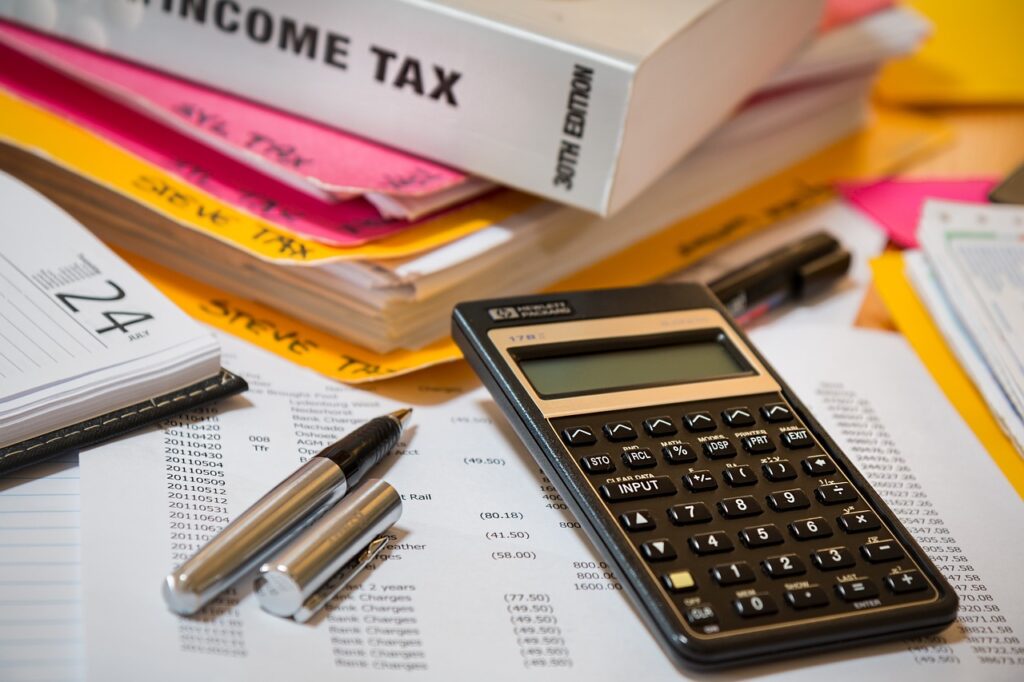
Some countries require their residents to give more than half of their income to the tax authorities. For example, Finland currently has an income tax rate of 56.95%, and residents are taxed on their worldwide income. By contrast, in Paraguay the income tax rate is only 10%. Moreover, the Paraguayan government only taxes income earned within the country.
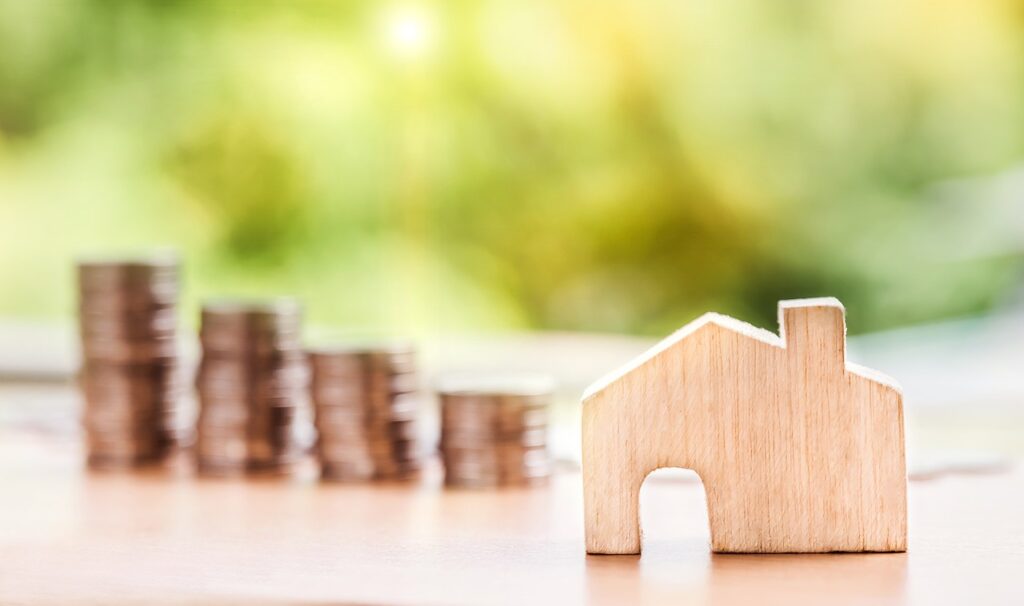
YOU COULD RESIDE IN A COUNTRY WITH LOWER COSTS OF LIVING
Your hard-earned money can go a lot further in other parts of the world. According to a study conducted by SavingSpot, a tall latte at Starbucks in the UK costs $5.31, but the same drink costs only $3.64 in Thailand. If you apply those kinds of savings to other items such as groceries, clothing, utilities, etc. you get an idea of the cost benefits of having multiple residency permits.
YOU COULD DIVERSIFY YOUR ASSETS
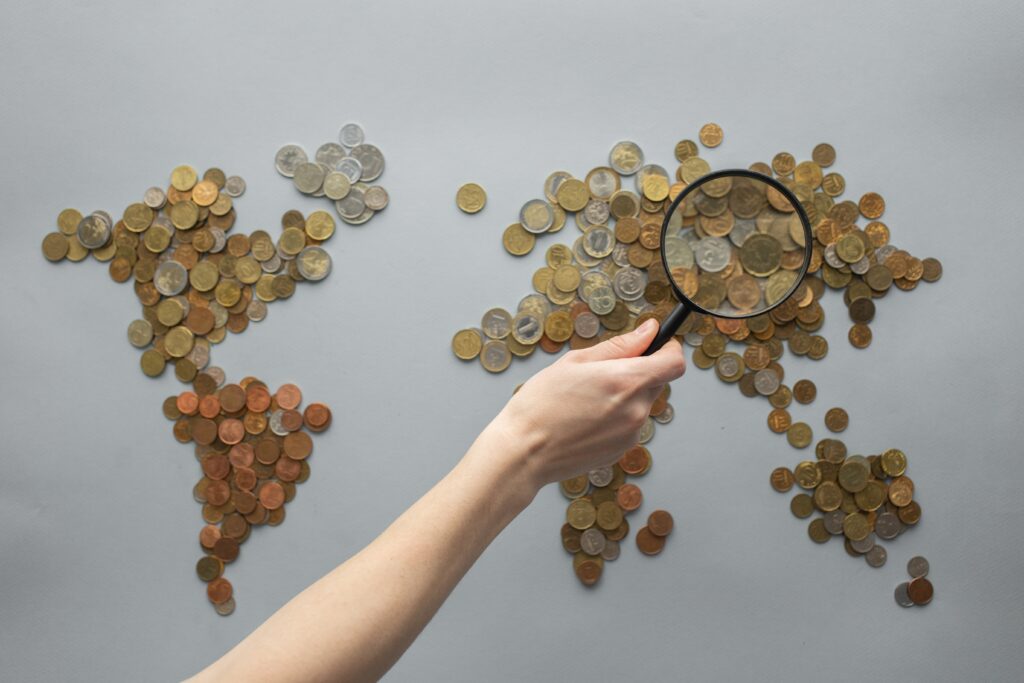
As discussed in our article “Why to Consider Offshore Banking” it is dangerous to keep all of your assets in one bank or one country. If the government in your home country ever decided to freeze or seize your assets, it would be nice to have some elsewhere.
History buffs will no doubt recall that on April 5, 1933, President Franklin D. Roosevelt ordered the seizure of Americans’ private gold holdings. If you are a resident of more than one country, you can store gold and other valuables in multiple countries in order to protect them from seizure.

YOU COULD HAVE MORE FREEDOM & MOBILITY
Obtaining an additional residency is a way to safeguard your freedom and stay mobile. In these times of economic and political uncertainty, it can be reassuring to have a plan B. Even if you are content living in your home country now, you may want to leave in the future for political, professional, or personal reasons.
By obtaining a secondary residency, you will always have another country that you are welcome in. For example, many people wanted to leave their home countries because they felt their governments were imposing overly harsh COVID-19 restrictions. If they had had multiple residences, those people could have relocated to another jurisdiction with more reasonable restrictions.
YOUR RESIDENCY COULD LEAD TO CITIZENSHIP
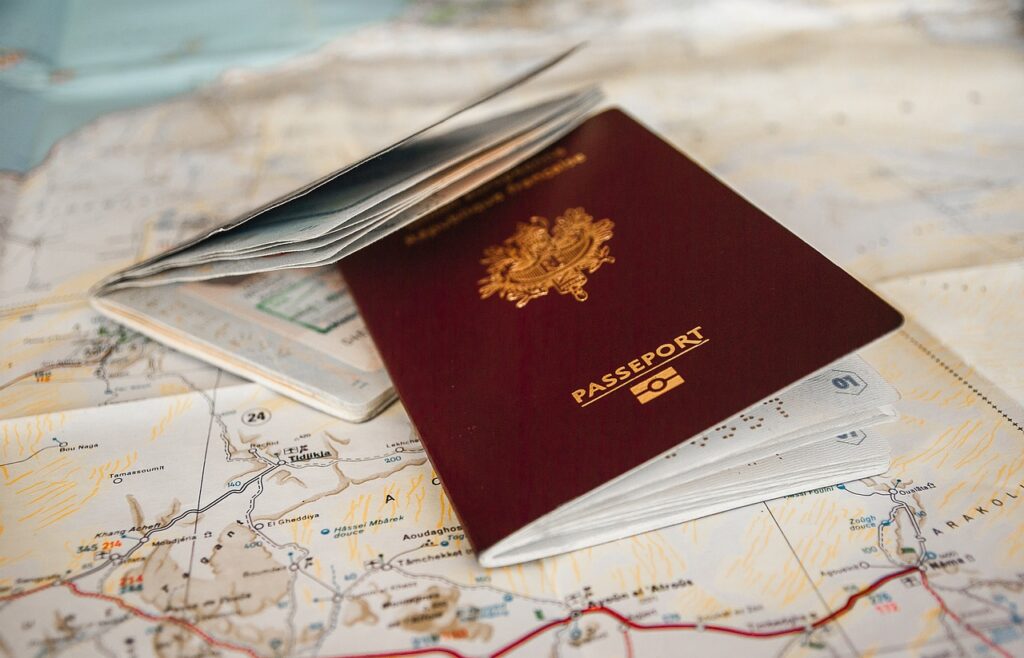
If the ability to travel is important to you, it is a good idea to get a second passport. For example, a passport from an EU country can give you unlimited access to the Schengen Area, whereas your current passport may limit you to 90-day visits, or require you to apply for a tourist visa. Many countries permit dual citizenship, so there are very few downsides to pursuing a second passport.
Moreover, a second citizenship is the ultimate plan B. If you have lost faith in your home country, you have the option to renounce your citizenship and use your other passport.
It is clearly a worthwhile endeavor, but pursuing multiple residencies can be complicated. You will need to find residency options that suit your needs:
- First, you should check a country’s physical presence requirement. In one country, you may only be required to visit once every three years to maintain your residency; in another you may have to live there at least six months a year.
- If you explore residency by investment programs, you will find that minimum investment amounts vary considerably. Some countries force you to purchase expensive real estate, others simply require you to deposit a few thousand dollars in a local bank account.
- You should also look for residency benefits that appeal to you. For example, some residency programs are targeted at retirees – offering discounts and perks for pensioners. Others are designed to appeal to digital nomads.
- Timing is a factor, especially if you are looking for a path to citizenship. One country may offer you permanent residency right away, while others may require you to obtain and renew your temporary residency for many years, before granting permanent residency or citizenship.
If you are interested in learning more about secondary residencies, we have a series of articles discussing country-specific residency programs. If you are looking for the fastest routes to citizenship, we have articles examining countries with “citizenship-by-investment” programs.
Pingback:Is Residency In Ecuador Right For You? - Borderless Pair
Pingback:How To Get A Croatian Digital Nomad Visa - Borderless Pair